Steel brushes are widely used in various industries for their durability, resistance to corrosion and rust, and ability to withstand high temperatures and pressure. They are typically used for cleaning, polishing, deburring, and finishing metal surfaces, as well as for removing rust, paint, and other stubborn substances. Read More…
Gordon Brush® is an ISO 9001:2015 certified manufacturer of standard & specialty brushes for the commercial, aerospace, military, medical & electronics industries.
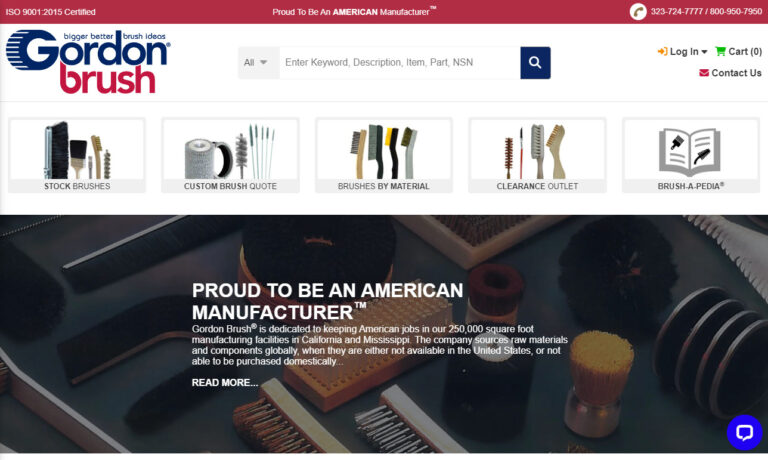
Spiral Brushes manufactures industrial brushes, custom brushes, power brushes, wire brushes, conveyor cleaning brushes, steel brushes, stainless steel brushes, brass brushes, nylon brushes, abrasive nylon brushes, and natural fiber brushes.
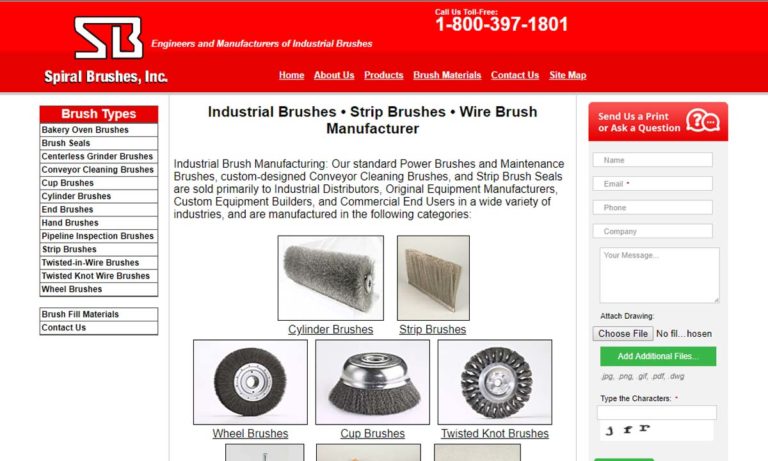
The Industrial Brush Co. is a provider of brushes. Since 1946, we have been committed to providing high quality brushes and customer service for a variety of industrial applications and marketplaces.
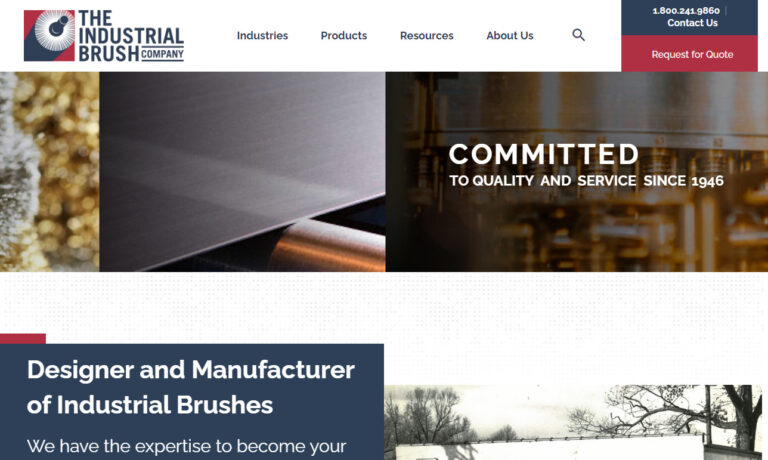
Justman Brush is an ISO 9001:2015 Registered Manufacturer centrally located in the United States. We manufacture brushes for a large variety of industrial applications for our customers in the industrial, aerospace, military, laboratory & scientific, medical and food service industries. With over 91 years of manufacturing experience, we have the American Quality, competitive pricing and short...
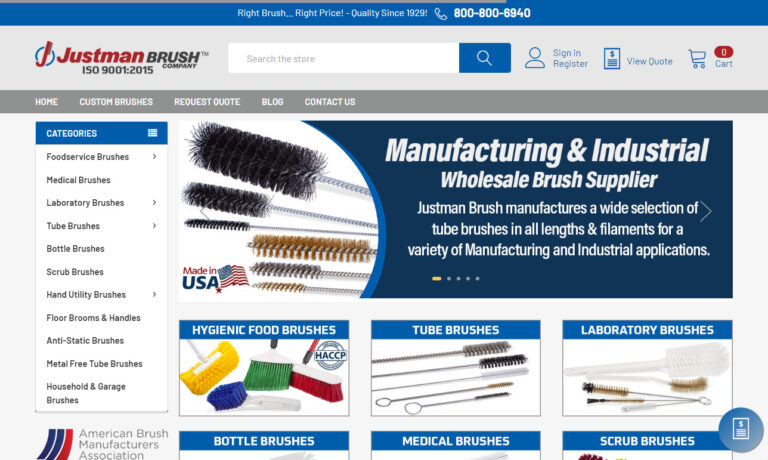
Precision Brush Company is an industry leader that has the technology, expertise and experience to satisfy all of your brush requirements.
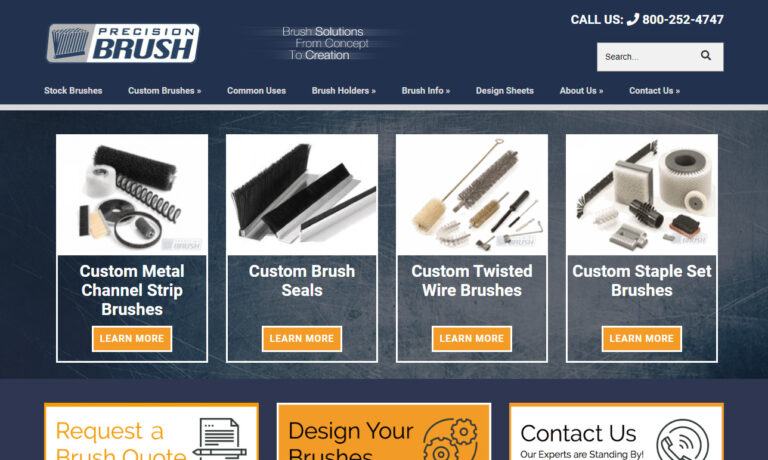
Braun Brush is committed to manufacturing quality brushes using a variety of methods. We offer convenient purchasing of the most extensive brush line available & a unique design-your-own brush service on the web.
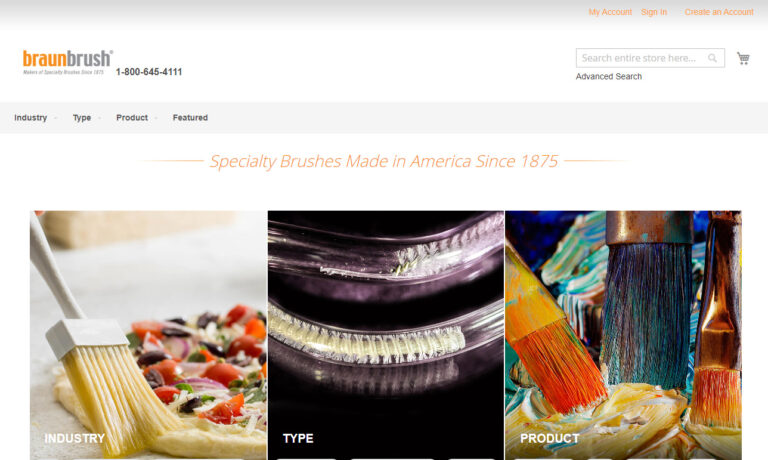
For over 30 years, Tanis has been a leading brush manufacturer. Tanis has put innovation to work in everything we do, using the latest technology, materials, manufacturing advancements and engineering expertise.
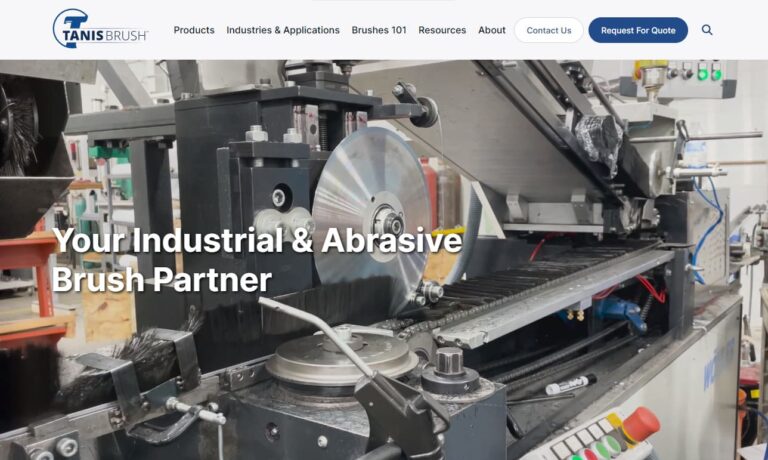
More Steel Brush Manufacturers
Components of a “Steel” Brush
The components of steel brushes may vary depending on the intended use, with some brushes having all steel components while others may have only certain parts made of steel. Steel is used for the bristles of the brush because of its strength and stiffness, which allows for effective scrubbing and cleaning. The base and handle of the brush may also be made of steel for added strength and durability.
Types of Steel Brushes
Different types of steel may be used for steel brushes, depending on the specific application. Stainless steel is commonly used for its high resistance to corrosion and rust, making it ideal for use in wet or humid conditions. Carbon steel, on the other hand, is often used for its hardness and ability to withstand high temperatures.
Choosing the Appropriate Steel Brush
Choosing the appropriate steel brush for a specific task is important to achieve optimal results and prevent damage to surfaces. Here are some factors to consider when choosing the appropriate steel brush:
Material to Be Cleaned
Consider the type of material to be cleaned or prepared. For example, if the surface is delicate, a soft-bristled steel brush would be ideal. On the other hand, if the surface is tough and resistant to scratching, a harder bristled brush may be suitable.
Type of Steel
Consider the type of steel used to make the brush. Stainless steel is best for wet or humid conditions and areas where rust may be an issue. Carbon steel is a good option for areas that are subjected to high temperatures.
Bristle Density and Stiffness
Consider the density and stiffness of the bristles. Dense and stiff bristles are more effective at removing stubborn materials, but may be too harsh for delicate surfaces. Looser and softer bristles may be better for delicate surfaces.
Size and Shape of the Brush
Consider the size and shape of the brush. A smaller brush is better for more detailed work or hard-to-reach areas, while a larger brush is better for larger surfaces. The shape of the brush may also be important, especially when cleaning corners or tight spaces.
Speed of Rotation
Consider the speed of rotation of the brush. A higher speed may be more effective at removing stubborn materials, but may also increase the risk of surface damage. A lower speed may be better for delicate surfaces.
Application and Environment
Consider the application and environment where the brush will be used. For example, if the brush will be used in a hazardous environment, a non-sparking brush may be required.
Quality and Durability
Consider the quality and durability of the brush. A high-quality brush may cost more, but it will last longer and provide better results over time.
Considerations Regarding Steel Brushes
While steel brushes offer many benefits, there are also some limitations to consider. Steel bristles may scratch or damage certain surfaces, so they may not be suitable for use on delicate materials. Additionally, they may cause sparks or static electricity in certain applications, which can be hazardous in some environments.
Benefits of Steel Brushes
Steel brushes offer a range of benefits for industrial cleaning and surface preparation. Some of the main advantages of steel brushes include:
Durability and Long Lifespan
Steel is a strong and durable material that can withstand heavy use and last a long time. Steel brushes are able to withstand wear and tear, making them ideal for tough cleaning jobs and repetitive use.
Versatility
Steel brushes are versatile and can be used for a variety of cleaning and surface preparation tasks, including removing rust, paint, and other stubborn substances, as well as for polishing, deburring, and finishing metal surfaces.
In addition to these general benefits of steel brushes, certain types of steel materials used for steel brushes may offer their own additional, unique benefits, such as:
Resistance to Corrosion and Rust
Some types of steel, such as stainless steel, are particularly resistant to corrosion and rust. This makes steel brushes ideal for use in wet or humid conditions where rust may be an issue. The resistance to rust and corrosion ensures that the brush maintains its effectiveness and does not become damaged over time. This resistance to rust also makes stainless steel brushes relatively easy to clean with just soap and water.
Ability to Withstand High Temperatures and Pressure
Carbon steel is a particularly hard and durable material that can withstand high temperatures and pressure. This makes it ideal for use in industrial applications where high temperatures or pressure are common.
Applications of Steel Brushes
Due to these benefits, steel brushes are widely used in a variety of industries. In the automotive industry, for example, steel brushes are commonly used for rust removal and cleaning parts. Additionally, the construction industry uses steel brushes for surface preparation and cleaning before painting or sealing surfaces. In manufacturing, meanwhile, steel brushes are used for deburring and finishing metal parts. Finally, the aerospace industry uses steel brushes for cleaning and maintenance of aircraft engines.
Choosing the Right Steel Brush Supplier
To ensure you have the most productive outcome when purchasing steel brushes from a steel brush supplier, it is important to compare several businesses using our directory of steel brush companies. Each steel brush supplier has a business profile page highlighting their areas of experience and capabilities, along with a contact form to directly communicate with the supplier for more information or to request a quote. Review each steel brush business website using our proprietary website previewer to quickly learn what each company specializes in. Then, use our simple RFQ form to contact multiple steel brush companies with the same form.

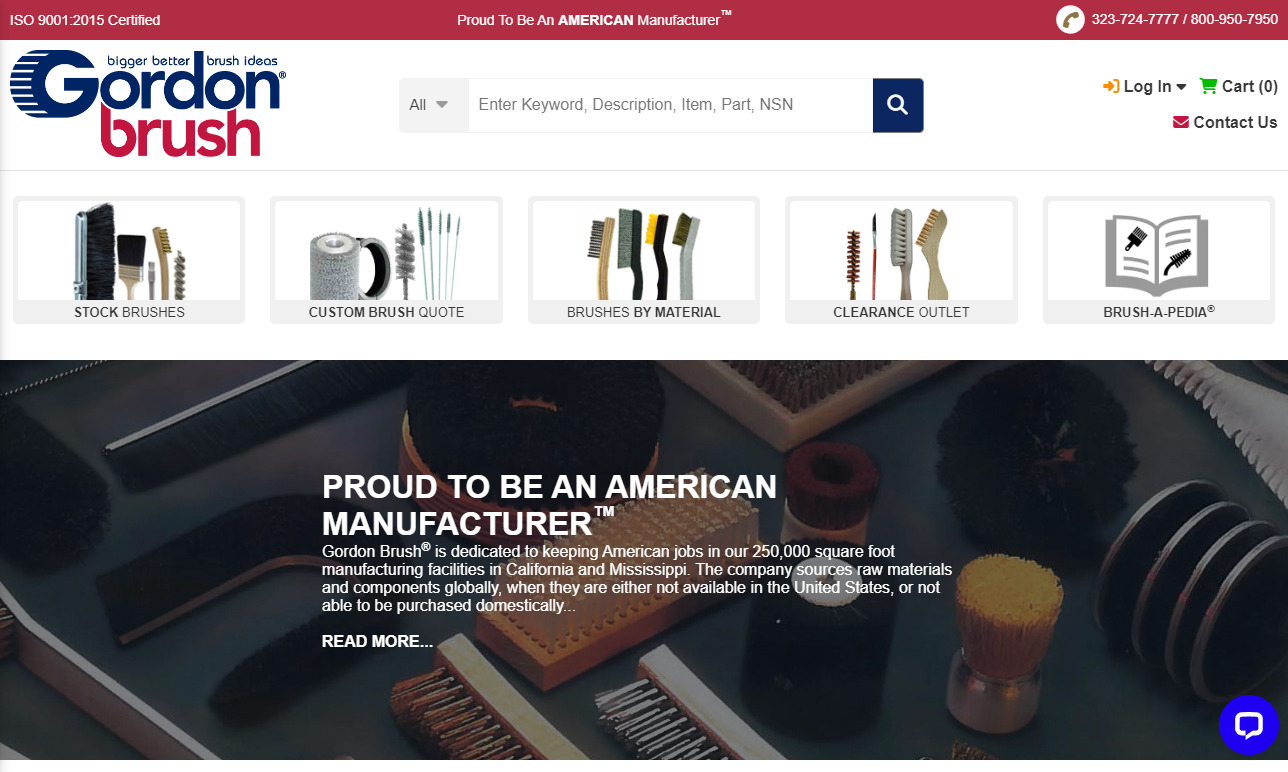
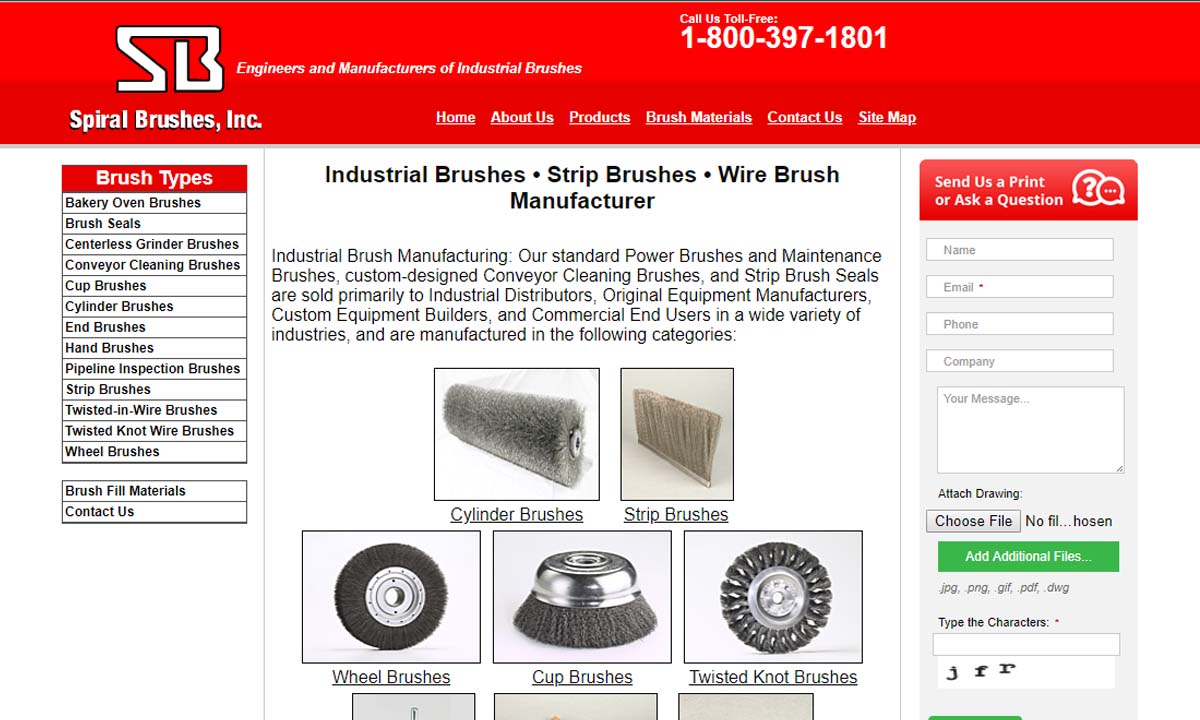
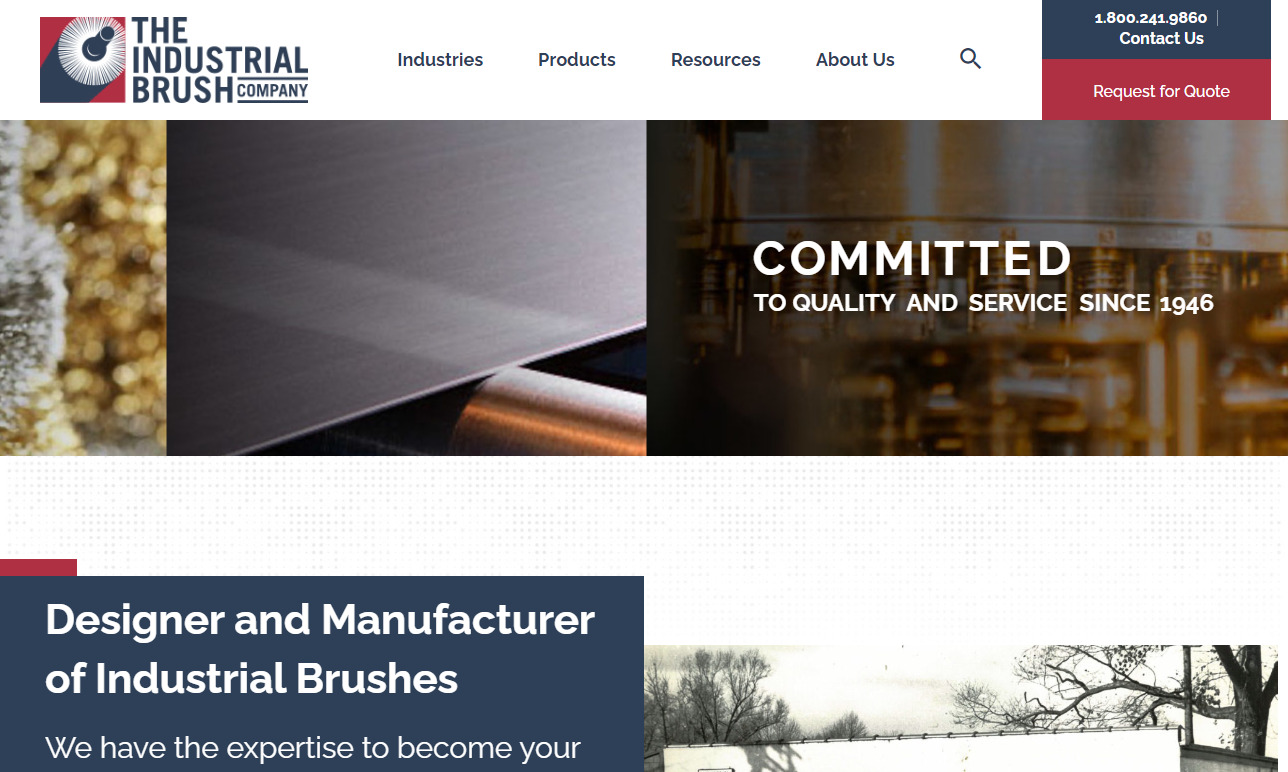
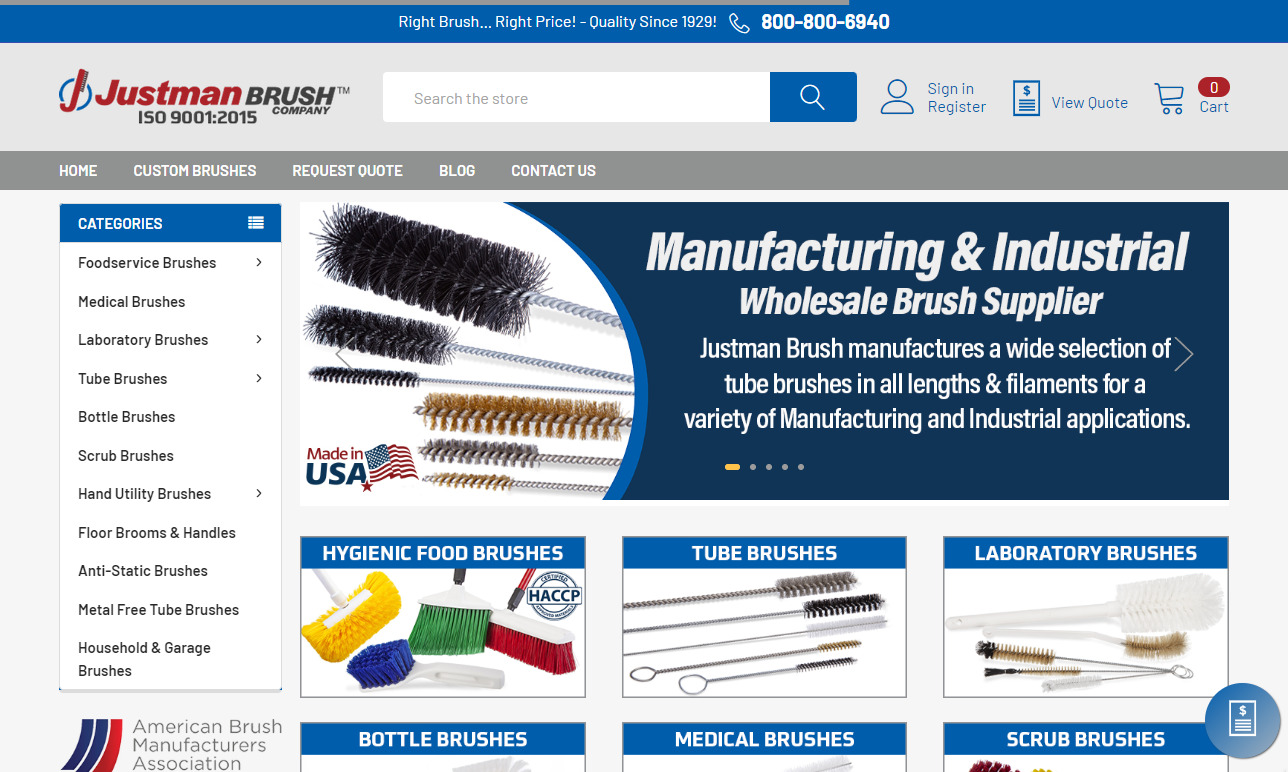
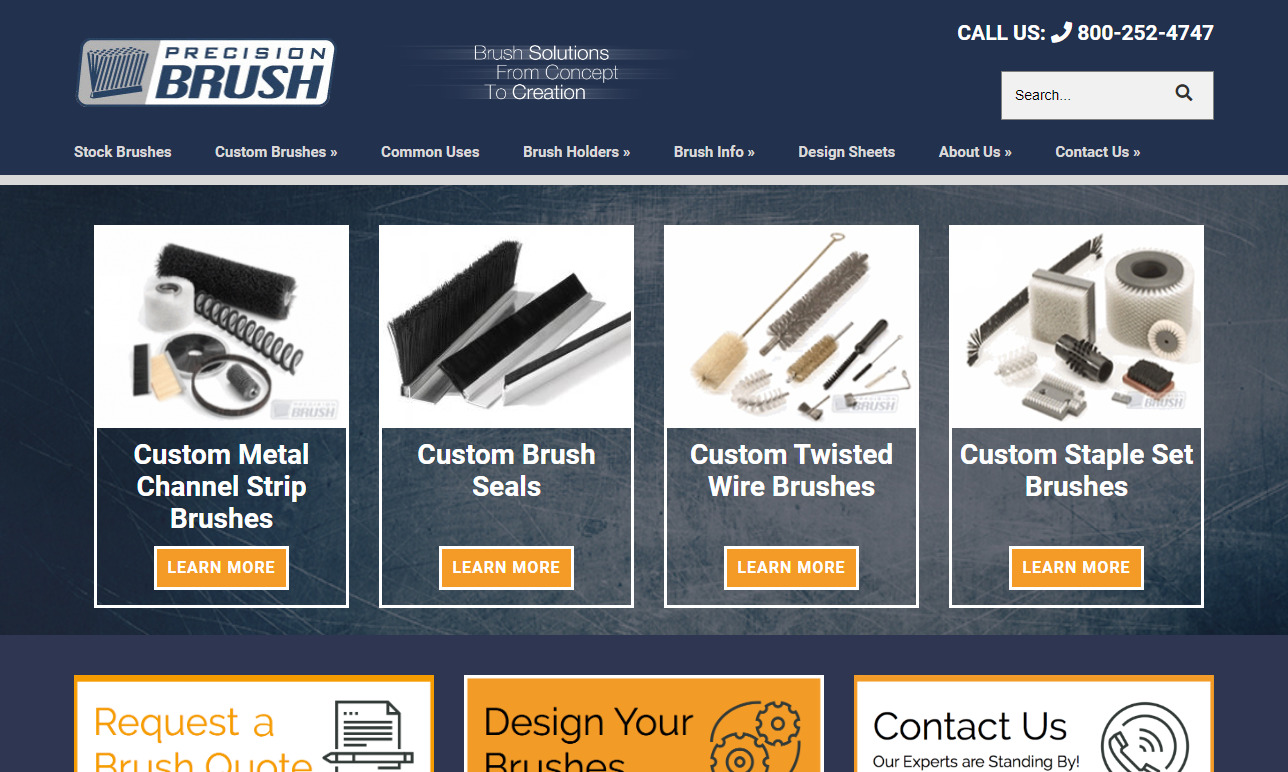
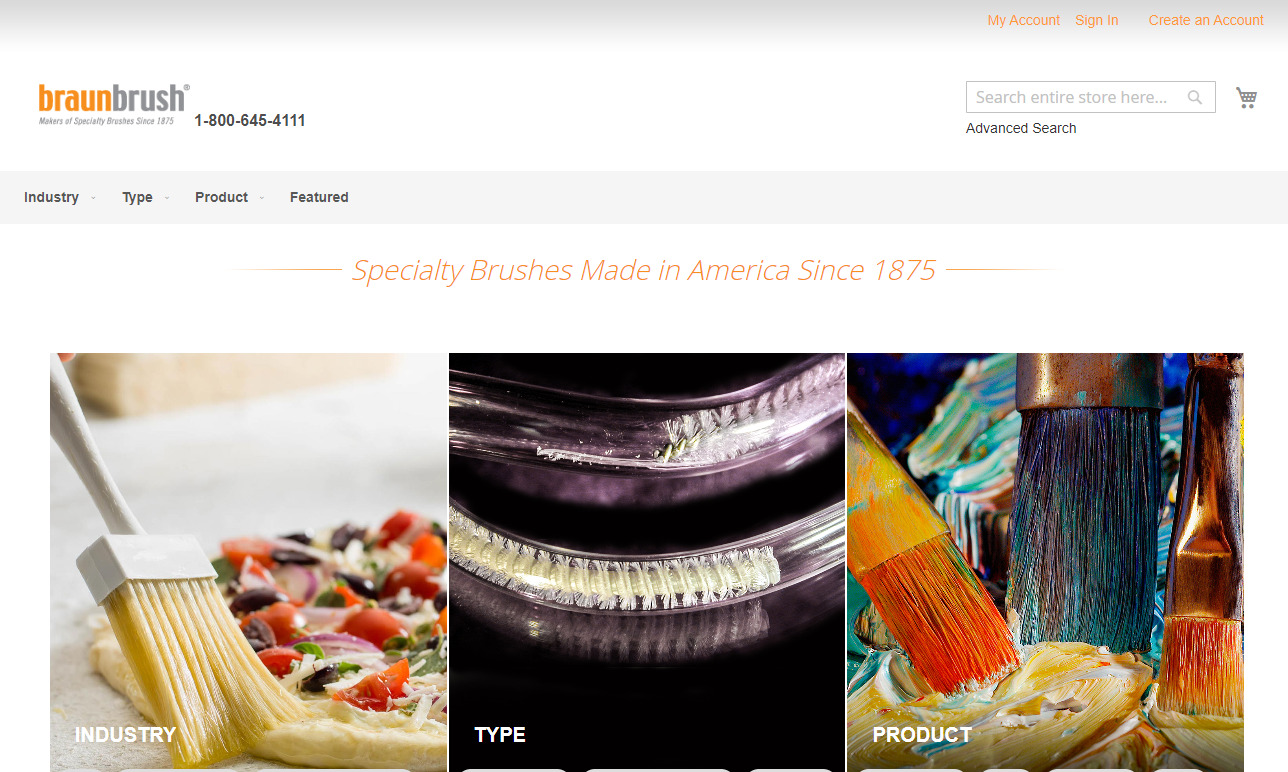
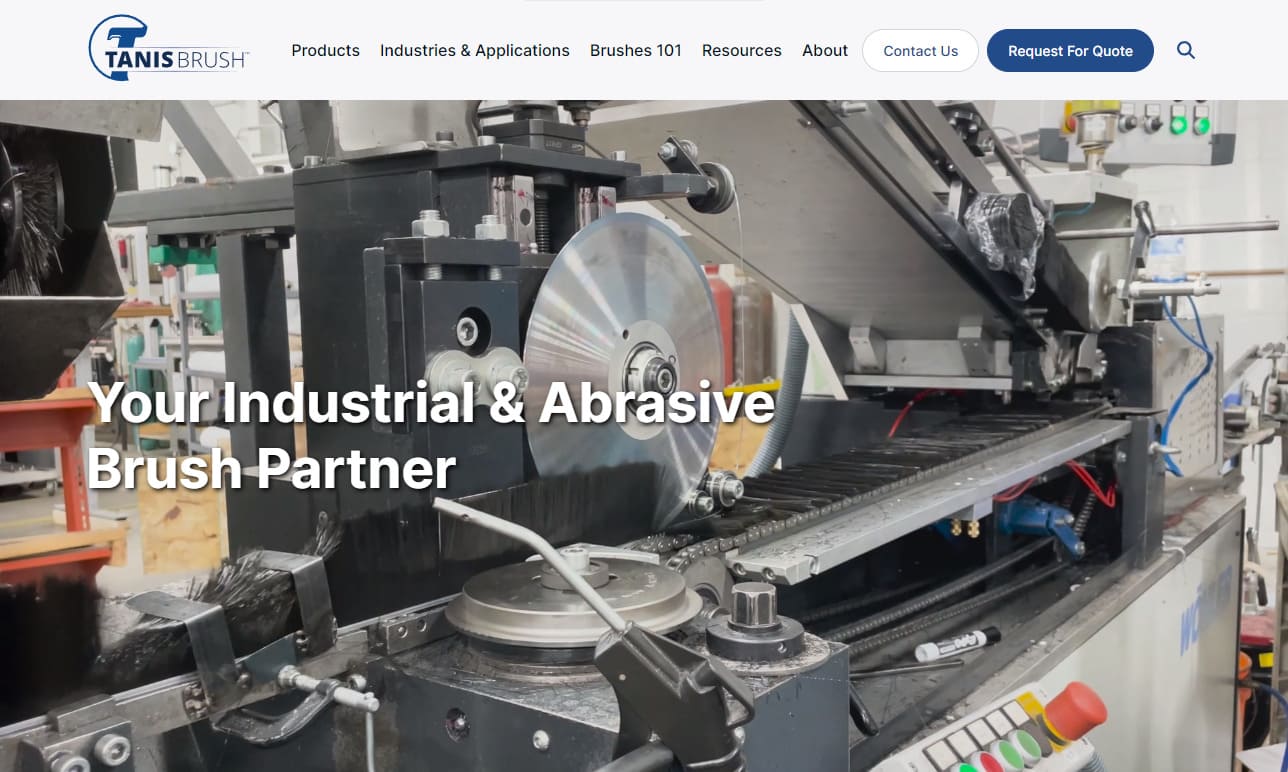
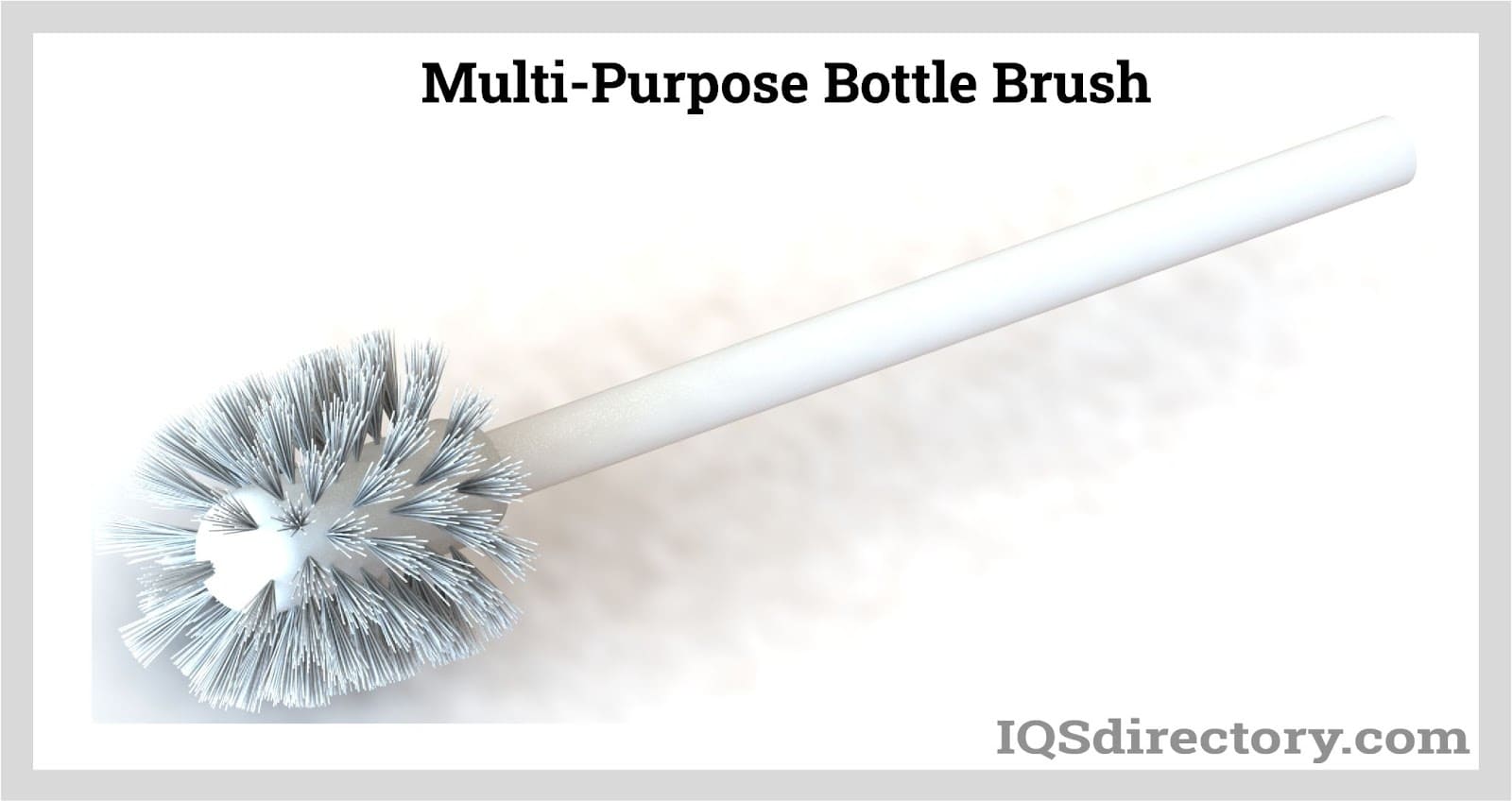
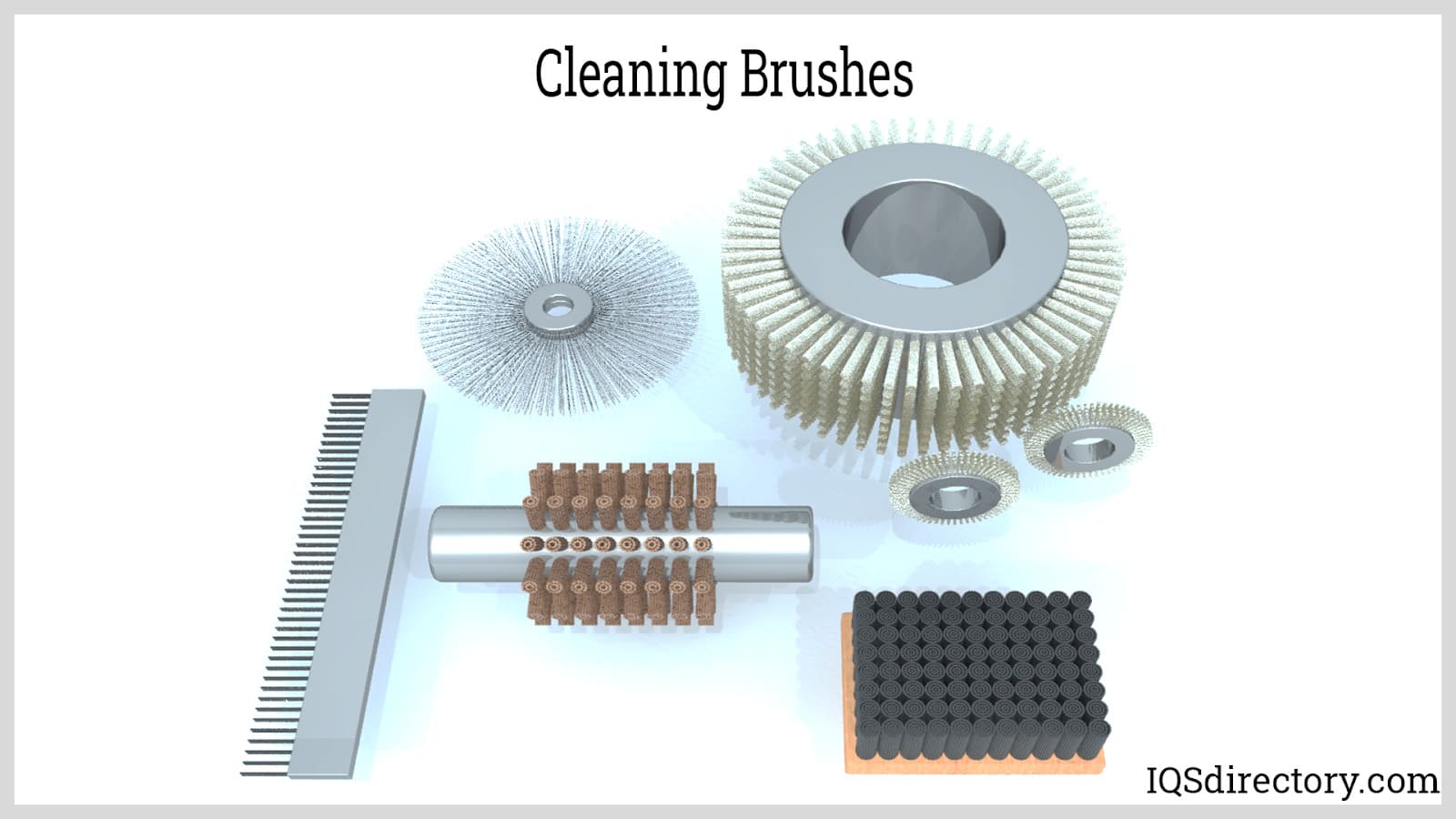
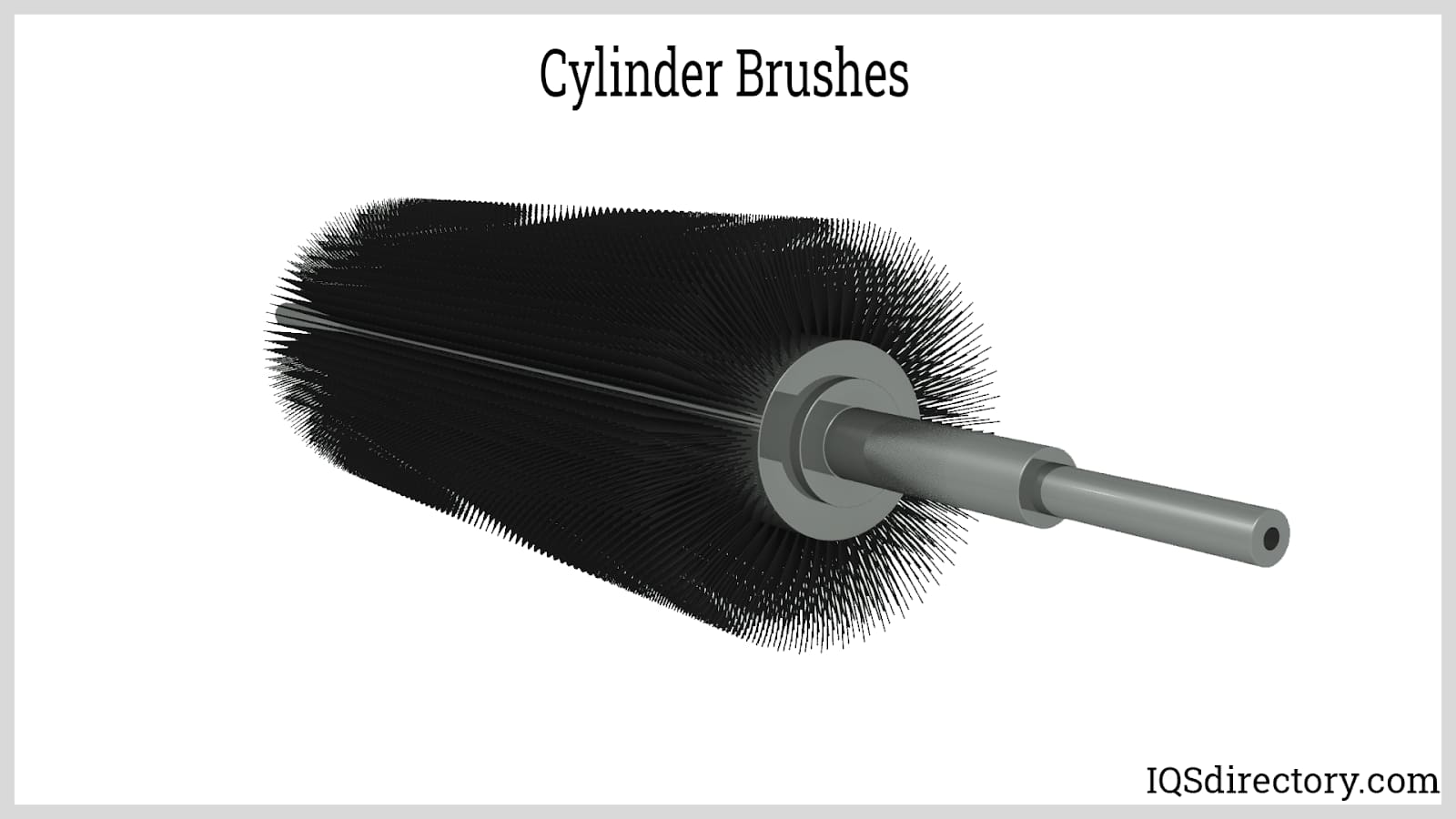
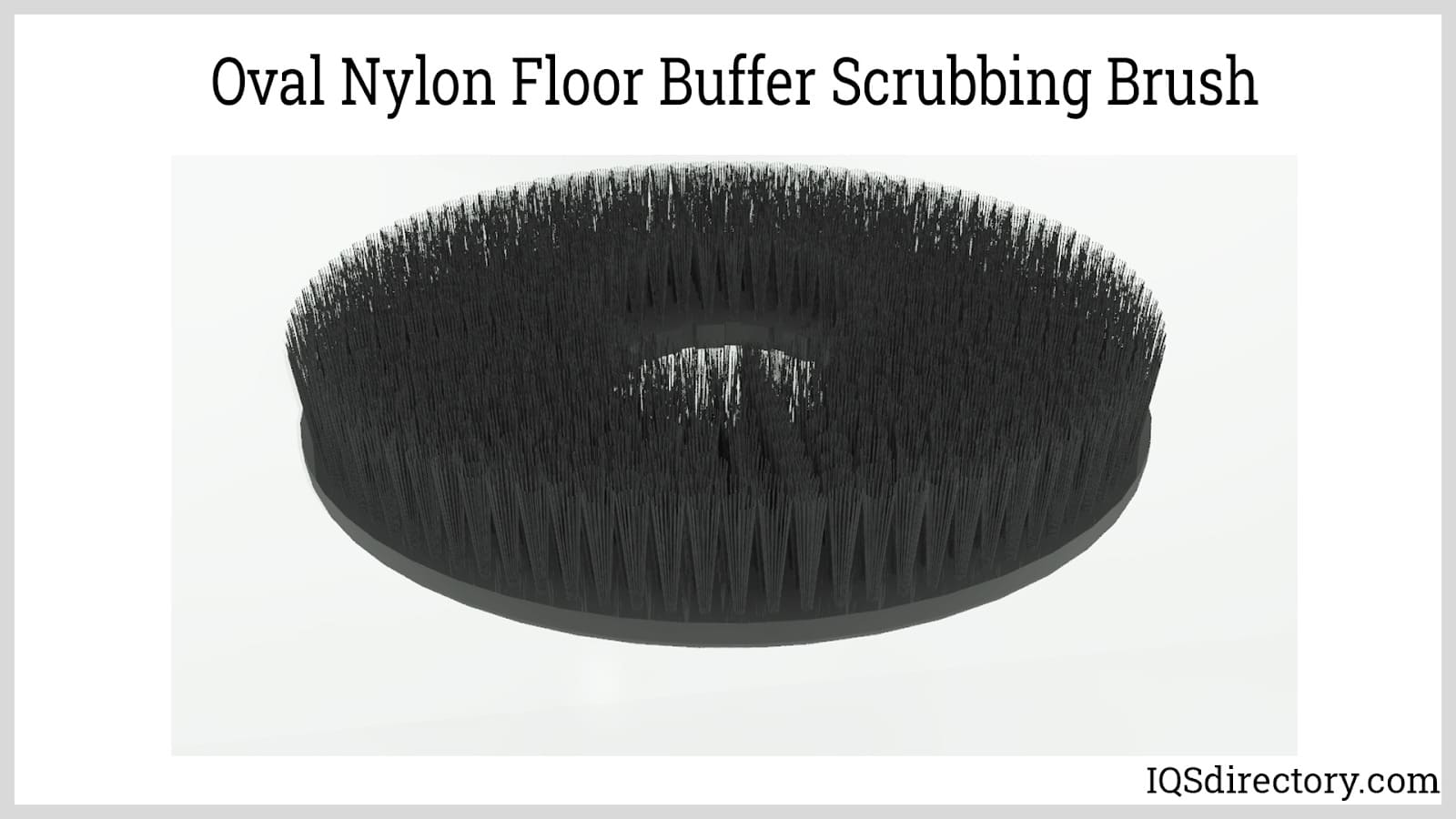
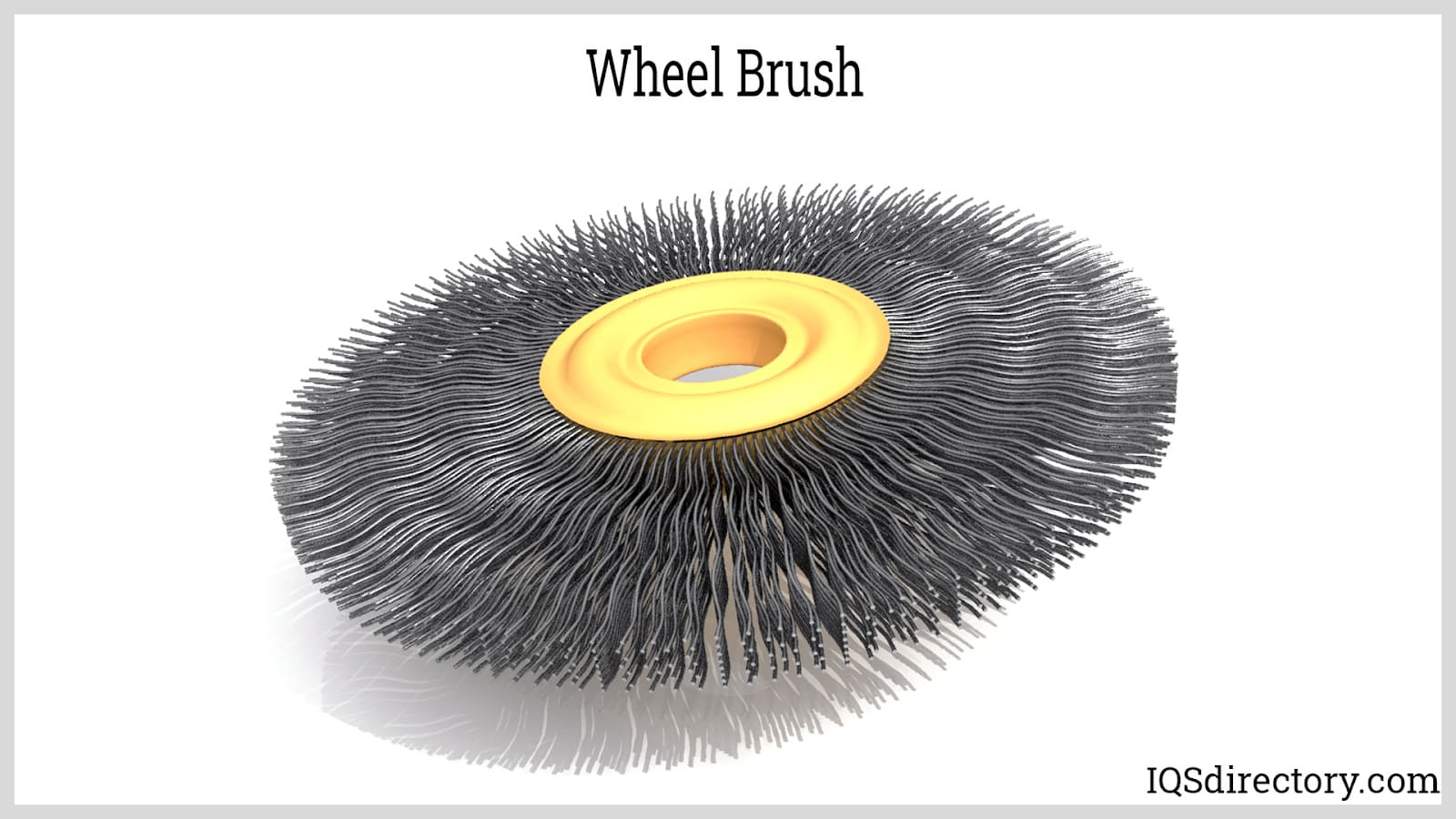
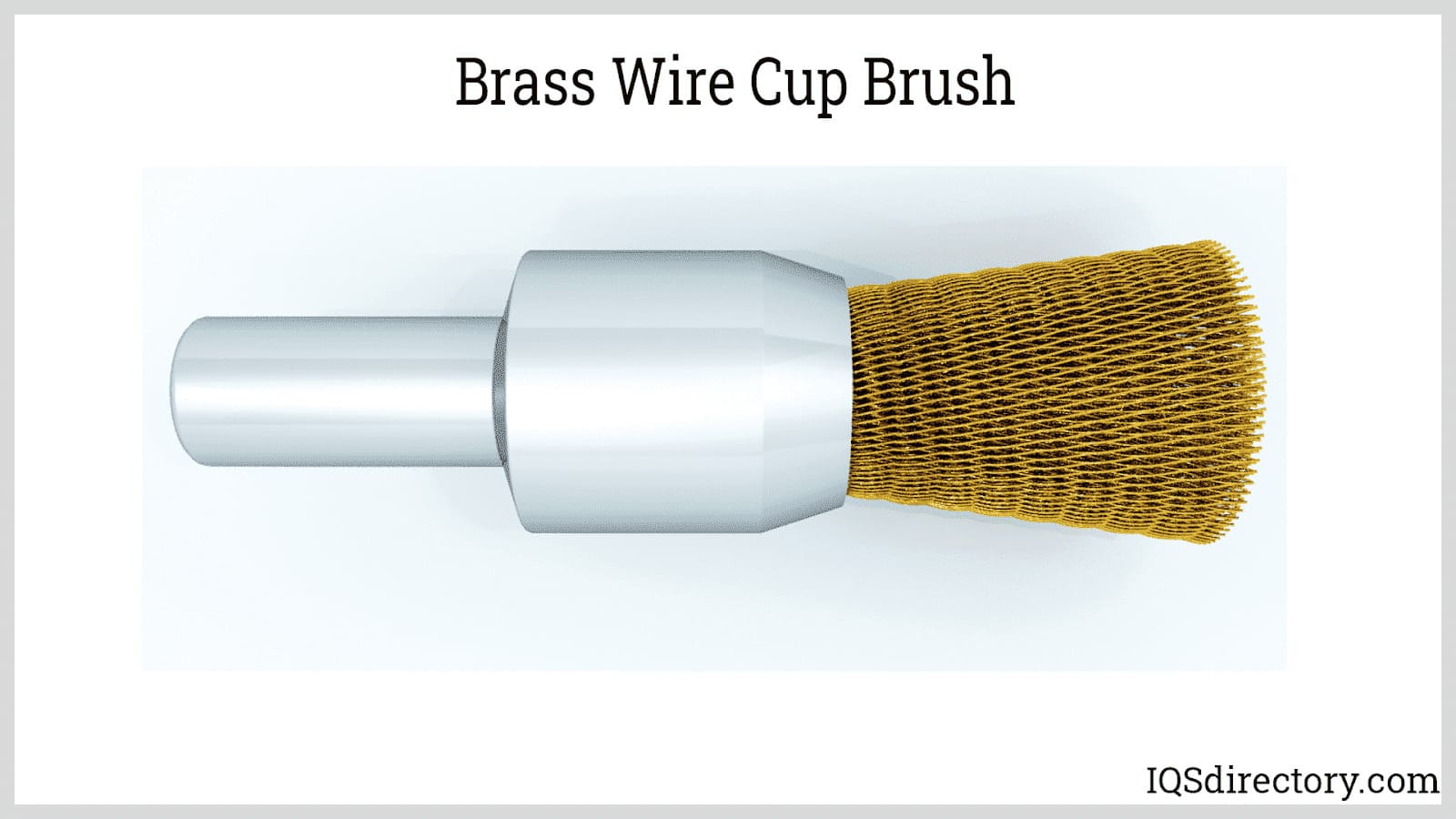
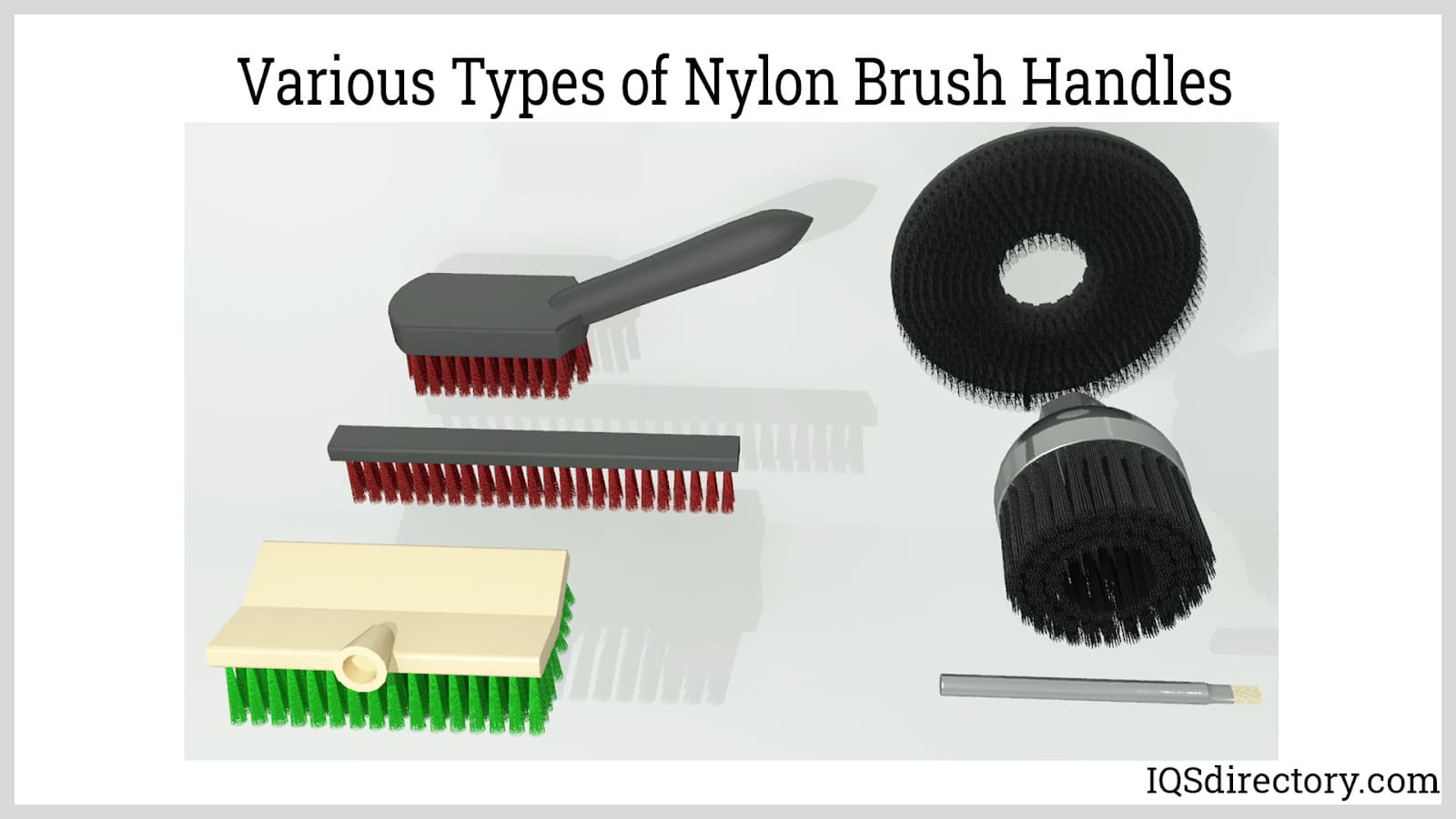
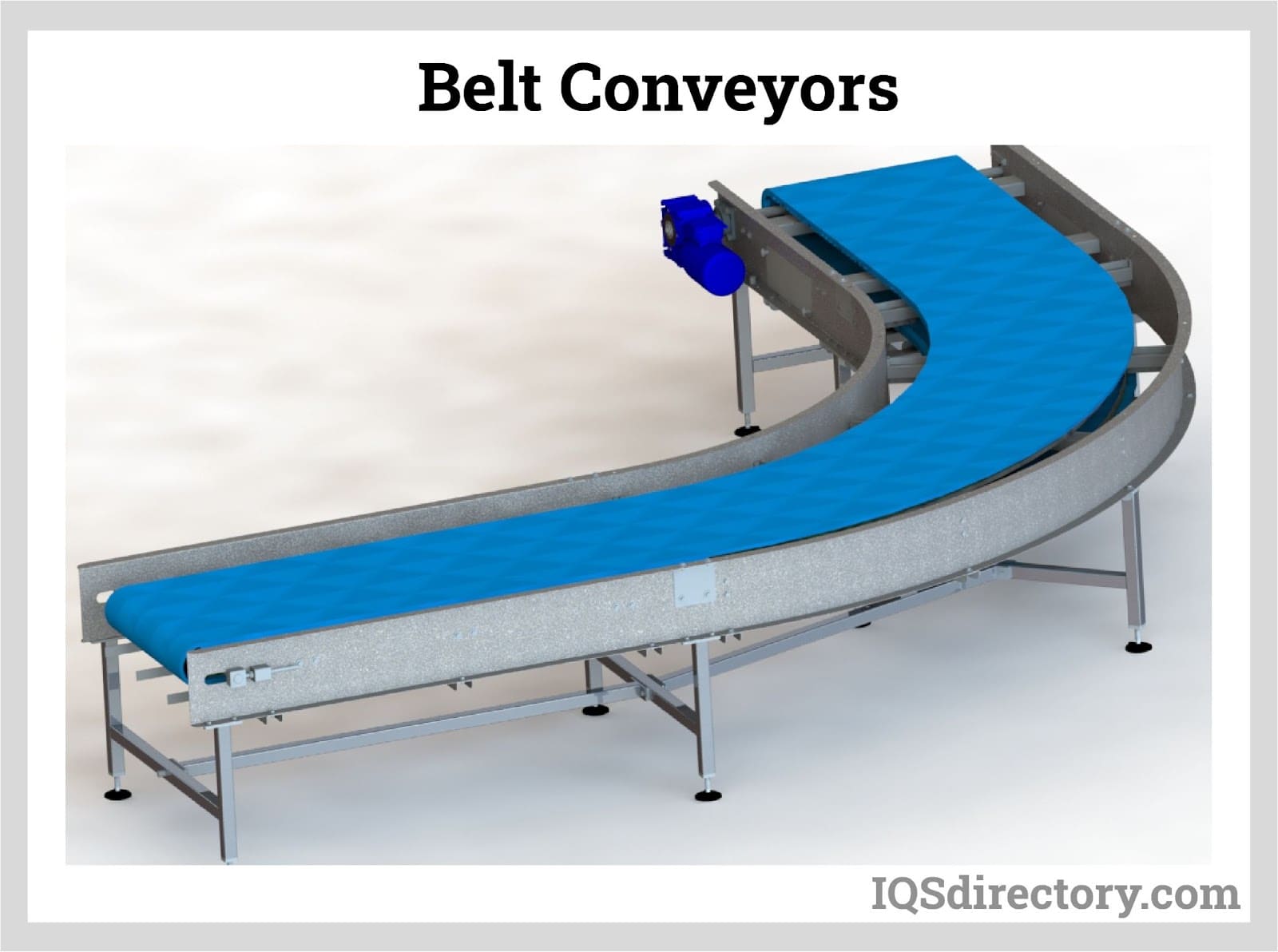
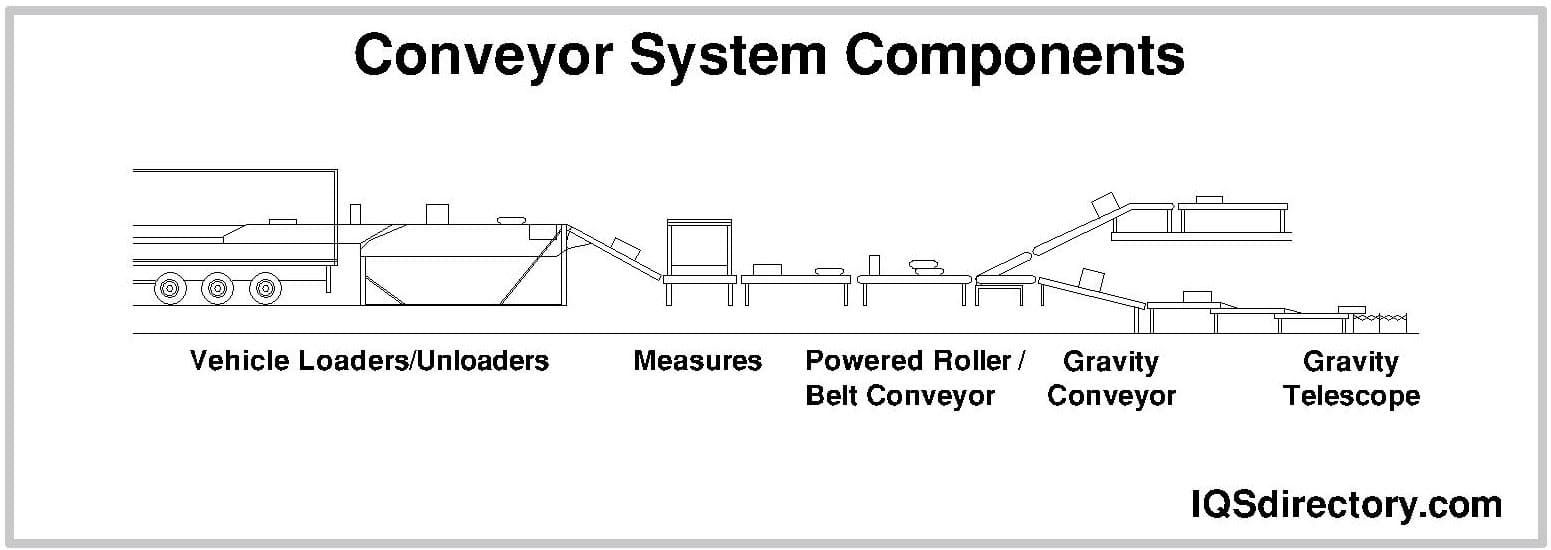
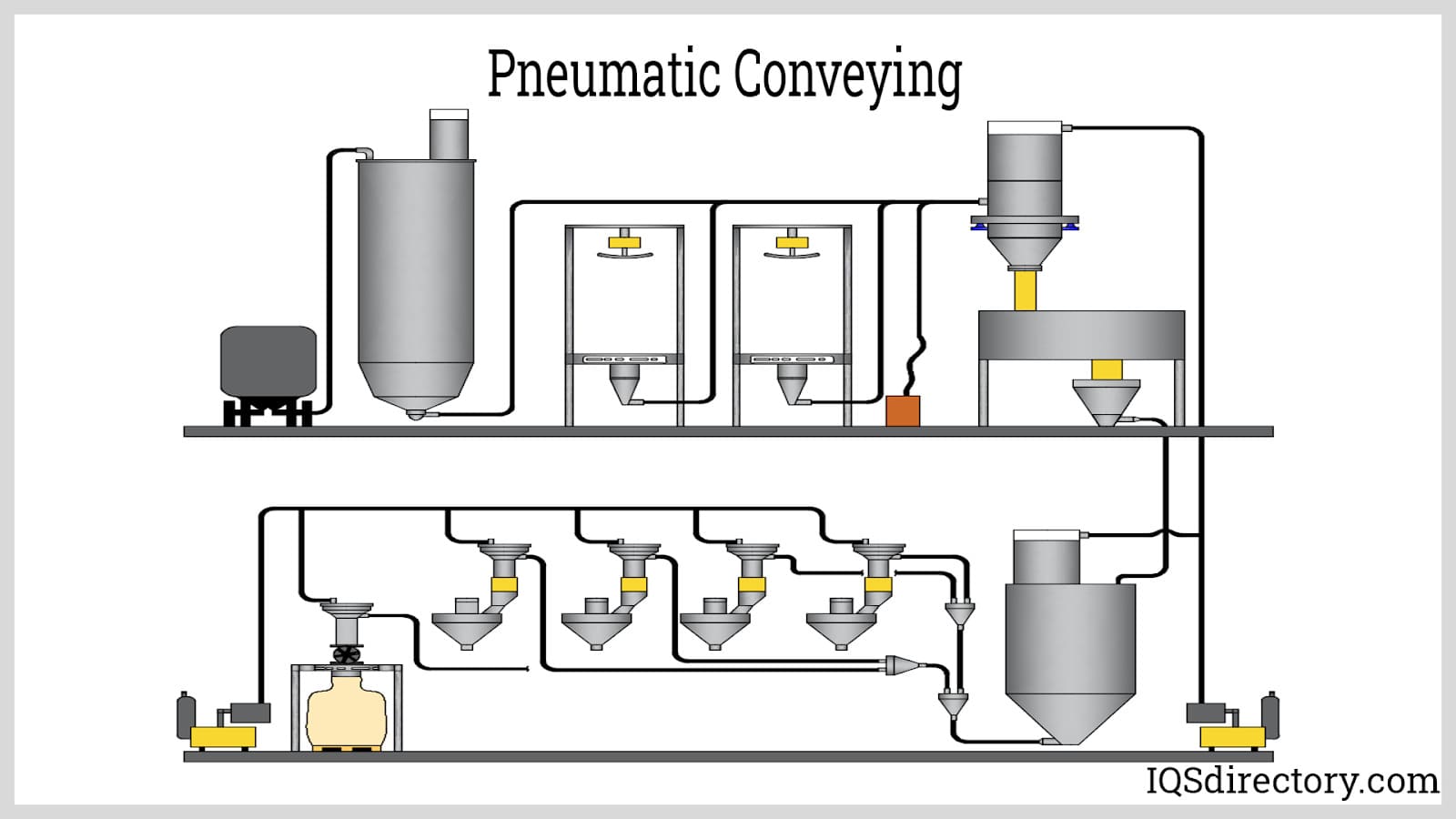
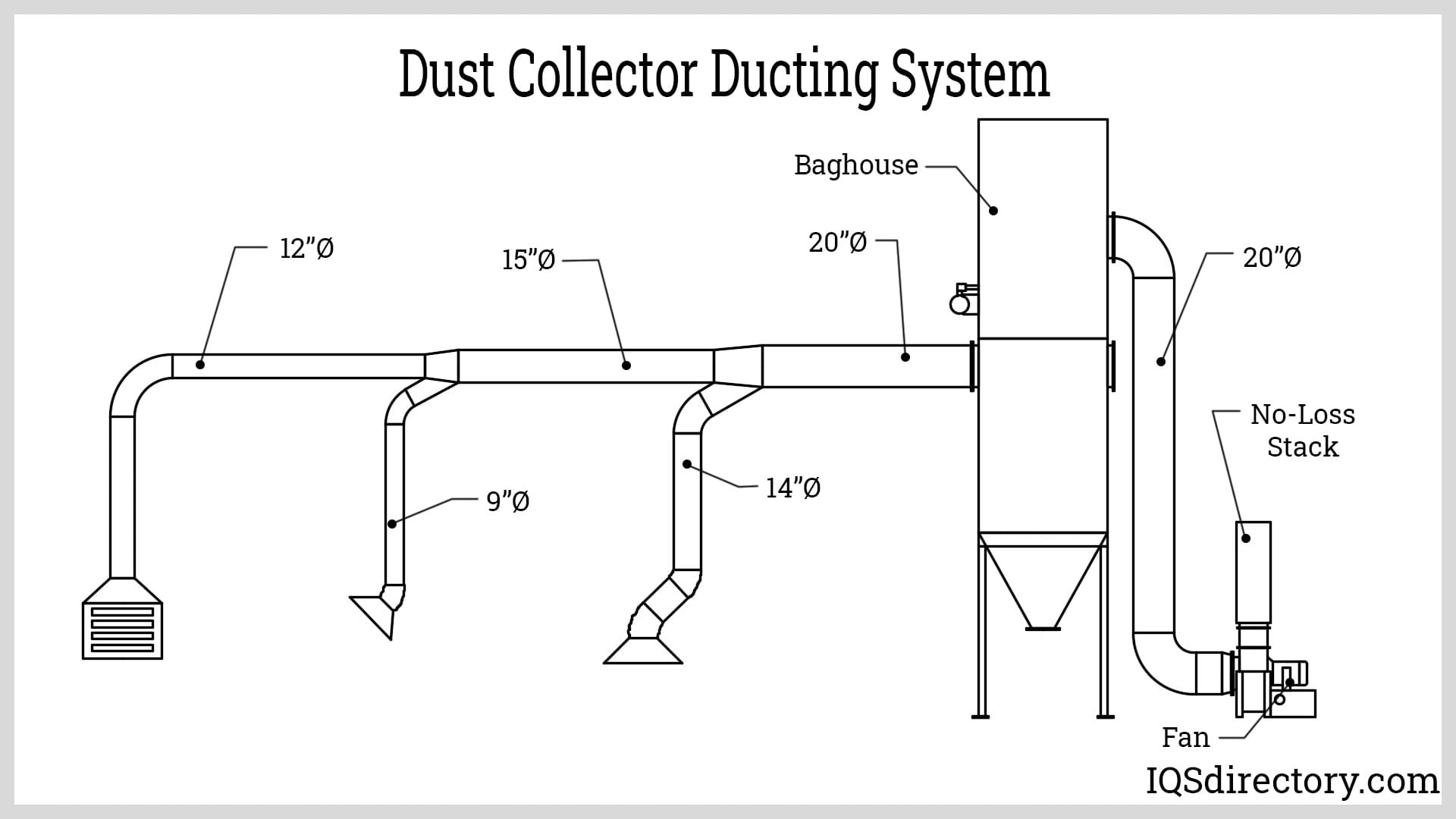
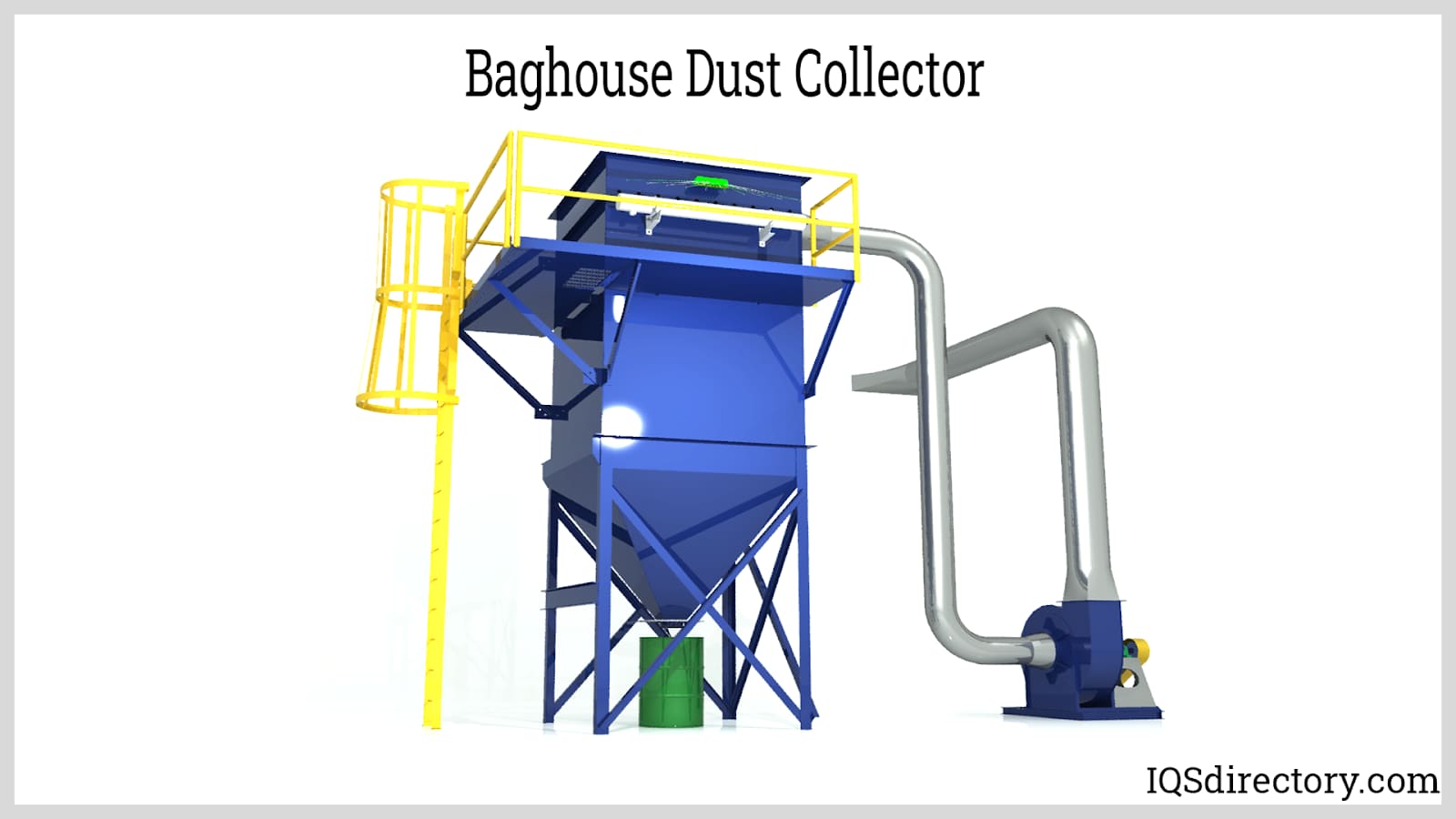
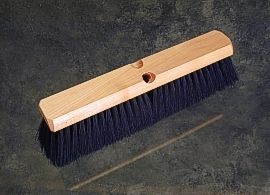 Brooms
Brooms Brushes
Brushes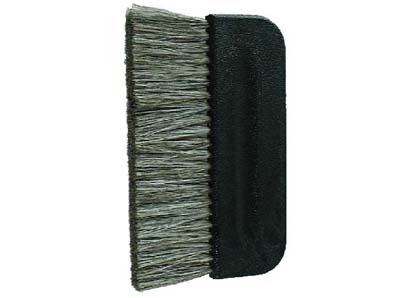 Static Eliminator
Static Eliminator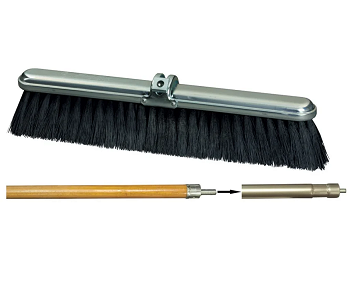 Sweepers
Sweepers Castings & Forgings
Castings & Forgings Bulk Material Handling
Bulk Material Handling Electrical & Electronic Components
Electrical & Electronic Components Flow Instrumentation
Flow Instrumentation Hardware
Hardware Material Handling Equipment
Material Handling Equipment Metal Cutting Services
Metal Cutting Services Metal Forming Services
Metal Forming Services Metal Suppliers
Metal Suppliers Motion Control Products
Motion Control Products Plant & Facility Equipment
Plant & Facility Equipment Plant & Facility Supplies
Plant & Facility Supplies Plastic Molding Processes
Plastic Molding Processes Pumps & Valves
Pumps & Valves Recycling Equipment
Recycling Equipment Rubber Products & Services
Rubber Products & Services